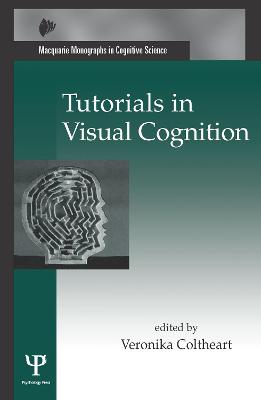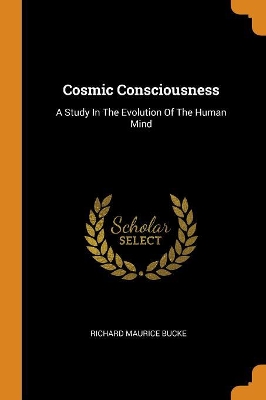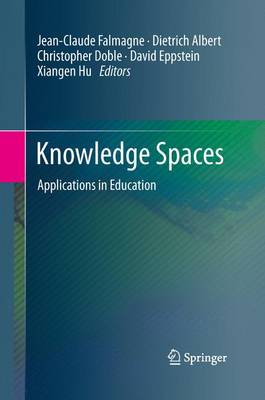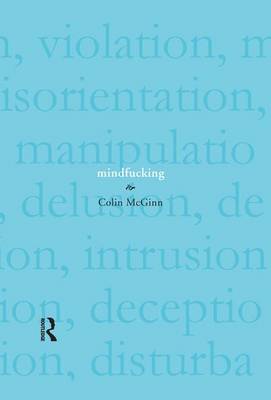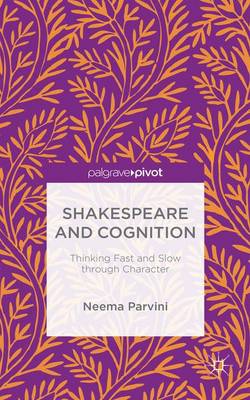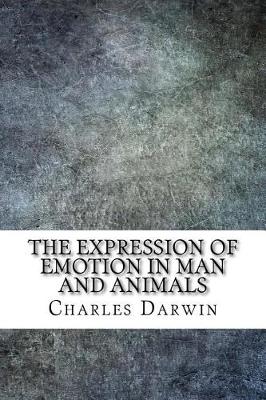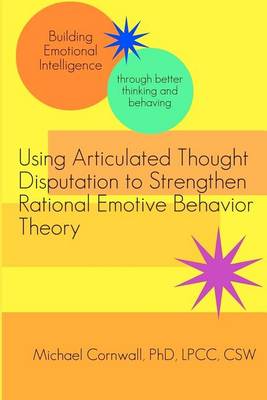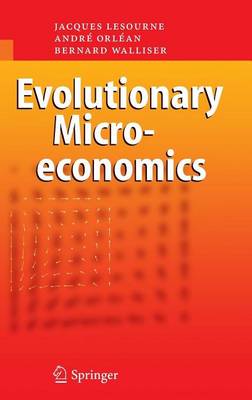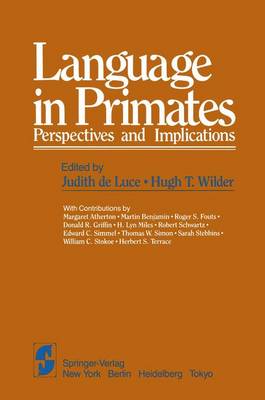Tutorials in Visual Cognition (Macquarie Monographs in Cognitive Science)
In the late-1980s, visual cognition was a small subfield of cognitive psychology, and the standard texts mainly discussed just iconic memory in their sections on visual cognition. In the subsequent two decades, and especially very recently, many remarkable new aspects of the processing of brief visual stimuli have been discovered -- change blindness, repetition blindness, the attentional blink, newly-discovered properties of visual short-term memory and of the face recognition system, the influe...
Knowledge Spaces
The book describes up-to-date applications and relevant theoretical results. These applications come from various places, but the most important one, numerically speaking, is the internet based educational system ALEKS. The ALEKS system is bilingual English-Spanish and covers all of mathematics, from third grade to the end of high school, and chemistry. It is also widely used in higher education because US students are often poorly prepared when they reach the university level. The chapter by Ta...
Being surrounded by bulls**t is one thing. Having your mind f**ked is quite another. The former is irritating, but the latter is violating and intrusive (unless you give your consent). If someone manipulates your thoughts and emotions, messing with your head, you naturally feel resentment: he or she has distorted your perceptions, disturbed your feelings, maybe even usurped your self. Mindf**king is a prevalent aspect of contemporary culture and the agent can range from an individual to a whole...
Shakespeare and Cognition challenges orthodox approaches to Shakespeare by using recent psychological findings about human decision-making to analyse the unique characters that populate his plays. It aims to find a way to reconnect readers and watchers of Shakespeare's plays to the fundamental questions that first animated them. Why does Othello succumb so easily to Iago's manipulations? Why does Anne allow herself to be wooed by Richard III, the man who killed her husband and father? Why does M...
As the title suggests, this book emphasizes the vast potential of the human brain and its capabilities. To help the reader realize this potential, the book offers a range of cognitive skills required for the enhancement of mental literacy, namely mind mapping, communication and perceptual skills. These are dealt with using well-conceived visuals, exercises, quizzes and puzzles, in addition to practical examples and easy-to-follow advice.
This volume, which includes some previously published work and the most recent writings of the late Martin Braine and his colleagues, will be of interest to cognitive scientists, philosophers of mind and logicians, developmentalists, and psycholinguists.
Vigilance: The Problem of Sustained Attention (International Series of Monographs in Experimental Psycholog)
by Carl M Stroh
Using Articulated Thought Disputation to Strengthen Rational Emotive Behavior Theory
by Michael Cornwall
Autobiographical Memory and the Construction of a Narrative Self
by Robyn Fivush
It is a truism in psychology that self and autobiographical memory are linked, yet we still know surprisingly little about the nature of this relation. Scholars from multiple disciplines, including cognitive psychology, developmental psychology, anthropology, and philosophy have begun theorizing and writing about the ways in which autobiographical memory is organized, the role that narratives play in the development of autobiographical memory, and the relations between autobiographical memory, n...
Fundamentals of Auditory Cognitive Neuroscience (Cambridge Fundamentals of Neuroscience in Psychology)
by Andrew J Lotto and Lori L Holt
International Handbook of Research on Teachers' Beliefs (Educational Psychology Handbook)
Teacher beliefs play a fundamental role in the education landscape. Nevertheless, most educational researchers only allude to teacher beliefs as part of a study on other subjects. This book fills a necessary gap by identifying the importance of research on teacher beliefs and providing a comprehensive overview of the topic. It provides novices and experts alike a single volume with which to understand a complex research landscape. Including a review of the historical foundations of the field, th...
Evolutionary Microeconomics
by Professor of Economics Jacques Lesourne and Bernard Walliser
Classical microeconomics is intended to explain how a price system is able to coordinate the economic agents. But even if it can be extended to incomplete information and externalities, it remains grounded on very heroic assumptions. Agents are endowed with a very strong rationality, equilibrium is stated without a concrete process to achieve it, market is the unique institution considered. Evolutionary microeconomics is aimed at bypassing these limitations by considering a dynamic approach, how...
This book investigates the relationship between tactile and visual systems in infancy and introduces a theory of the visual touching mechanisms in babies - a precocious ability central to cognitive development. Bringing together research on the sensorimotor and perceptual capacity of infants, Streri demonstrates that current research is insufficient to provide an understanding of the conditions necessary for the establishment of a unity of seeing and touching systems. Against the background of a...
Language in Primates (Springer Series in Language and Communication, #11)
This anthology was originally planned in connection with a symposium "Language in Primates: Implications for Linguistics, Anthropology, Psychology, and Philosophy," at Miami University, Oxford, Ohio. Publication of the book would not have been possible without the support given to the Symposium by many individuals and groups. The Editors thank everyone involved for their kind and generous assistance. Specifi cally, we thank the invited speakers at the Symposium, Thomas A. Sebeok, H. Lyn Miles,...
Animal researchers commonly present pictures to their subjects, usually birds or monkeys, in order to infer how natural objects are perceived and conceptualised, or to discover the brain mechanisms underlying these abilities. This unique book questions the premise of this experimental approach and asks whether or not pictures can be considered as ecologically valid and realistic stimuli for animals. Leading researchers in comparative psychology and neuroscience address such questions as: "Can a...
